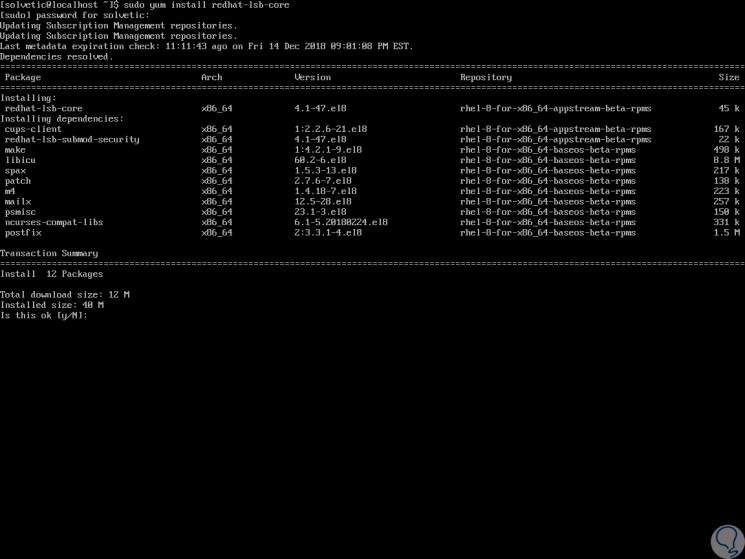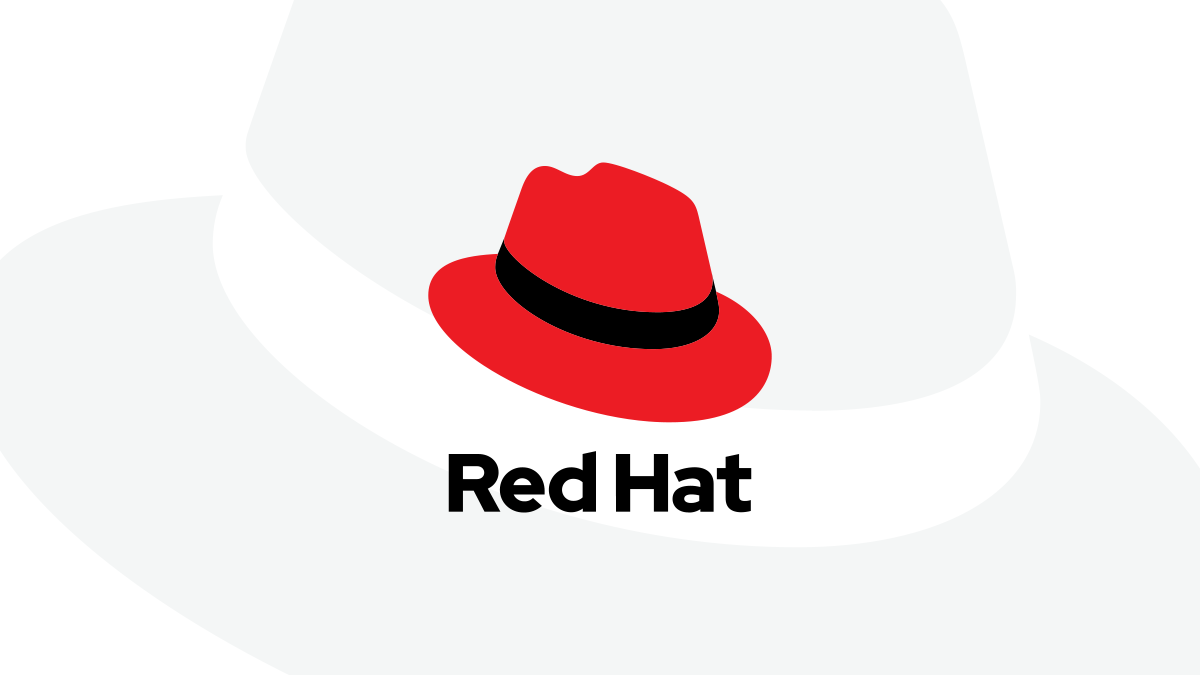


Examples include community-supported distributions like Rocky Linux and AlmaLinux, and commercial forks like Oracle Linux. Third-party derivatives can be built and redistributed by stripping away non-free components like Red Hat's trademarks. Red Hat uses strict trademark rules to restrict free re-distribution of their officially supported versions of Red Hat Enterprise Linux but still freely provides its source code. In 2003, Red Hat rebranded Red Hat Linux Advanced Server to "Red Hat Enterprise Linux AS" and added two more variants, Red Hat Enterprise Linux ES and Red Hat Enterprise Linux WS.

The first version of Red Hat Enterprise Linux to bear the name originally came onto the market as "Red Hat Linux Advanced Server". Red Hat Enterprise Linux is released in server versions for x86-64, Power ISA, ARM64, and IBM Z and a desktop version for x86-64. Various free software licenses, plus proprietary binary blobs yumex, dnfdragora, GNOME Software (graphical front-ends).With all the Linux geeks and GURU's out there, there has to be someone that's willing to take on the task.Ĭonsider awarding points for "helpful" and/or "correct" answers. It could be something as simple as just recompiling it onto progressively newer Linux kernels until it's more current (not even the latest, but at least something within the past few years). If the last version of an application only runs on an OS that old, I would question the logic in not working to get something different/newer to take over. Currently, the mainline Linux kernel is nearing its 2.6.34 release, while the most recent stable release is the 2.6.33 release, which came out in February. We’re the world’s leading provider of enterprise open source solutionsincluding Linux, cloud, container, and Kubernetes. I'm not even sure if this would work under ESX/ESXi 4 under it's "Other Linux" listings. It's also a good case where you may not be able to go to the latest hosting product in order to support your wrinkled guest. Supporting such aged operating systems is a good reason for having solid backup and recovery routines in place for those VM's. You might get lucky with it, you might not. If the kernel is not on the list (as is the case here) then it's a crap-shoot at best. I can agree when it comes to at least the Linux kernel version being supported.


 0 kommentar(er)
0 kommentar(er)
